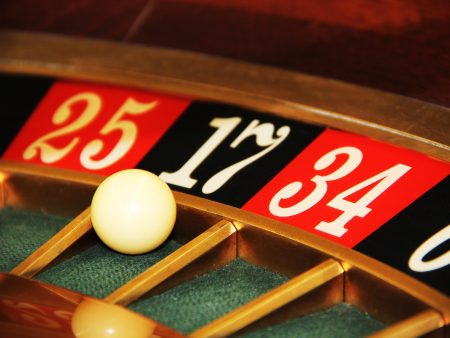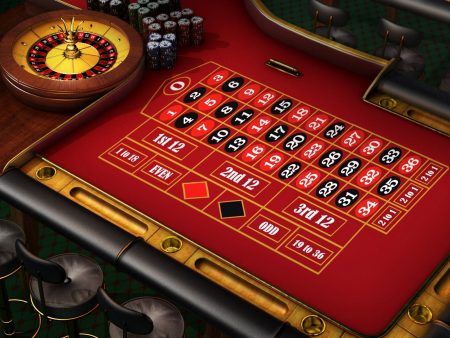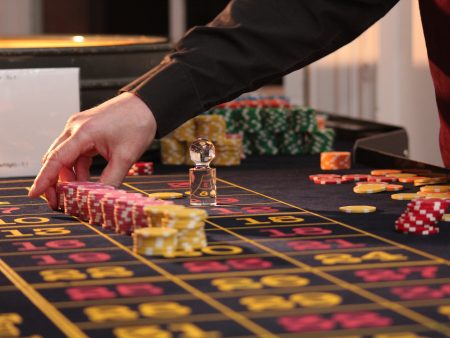A casino is a facility for certain types of gambling. Casinos are often built near or combined with hotels, resorts, restaurants, retail shopping, cruise ships, and other tourist attractions. Some casinos are also known for hosting live entertainment, such as stand-up comedy, concerts, and sports.
5 Interesting Facts About the History of Casinos
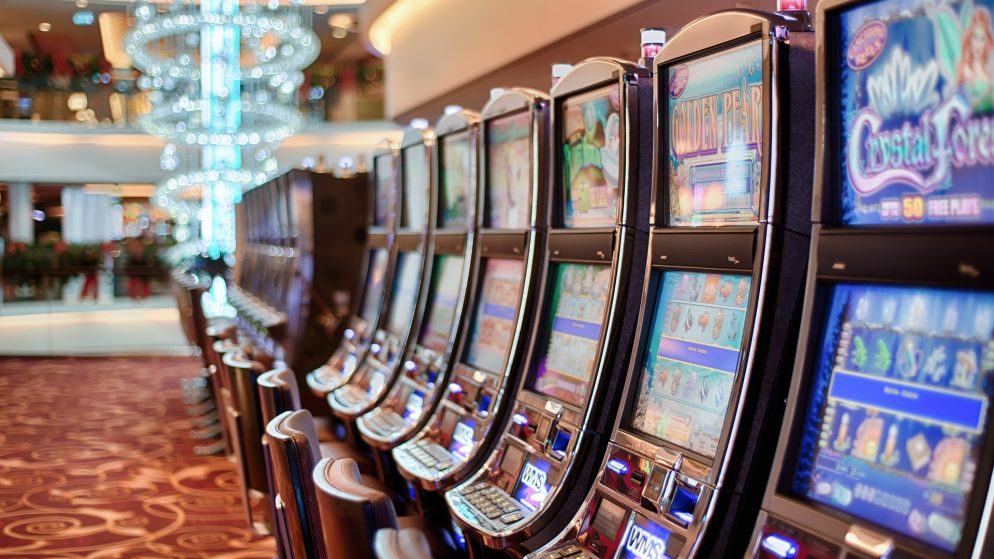
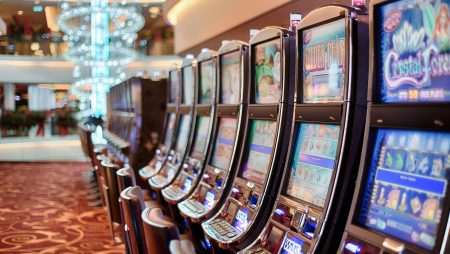
A casino is a facility for certain types of gambling. Casinos are often built near or combined with hotels, resorts, restaurants, retail shopping, cruise ships, and other tourist attractions. Some casinos are also known for hosting live entertainment, such as stand-up comedy, concerts, and sports.
The history of casinos didn’t begin in the Nevada desert under the glow of the neon Las Vegas lights. The first venues that resemble our modern-day casinos opened in Europe hundreds of years ago.
Dice games played within people’s homes and amongst encamped soldiers during ancient times are generally considered to be some of the first evidence of gambling culture. But even before casinos were established in Europe, there were gambling establishments in China that date back as far as the 1st millennium A.D.
The first card games, a type of dominoes game, and wooden tiles used in lotteries appeared in China during the 9th and 10th centuries. Here are some of the more interesting facts within the historical timeline of gaming casinos:
Slot machines started in 1887.
There are at least two different accounts of the original invention of slot machines. One is that the first device was the Liberty Bell machine, invented by an American named Charles Fey in 1887.
It was relatively simple, featuring just three reels and five symbols: a Liberty Bell (hence the name) along with a horseshoe, a heart, a diamond, and a spade. The early machines served a purpose and certainly attracted the attention of plenty of people who enjoyed playing them. They were, however, somewhat basic. Over time they became more and moresophisticated with a number of improvements made.
The Chinese Were First to Make a Living by Gambling in Casinos
During the Tang Dynasty (617-908 A.D.), several gambling organizations were created in which players could gamble at designated venues that provided heavy security and high stakes gaming action. Then around 1000 A.D., during the Song Dynasty, more gambling groups were formed as more various gambling games were invented.
At the time many of these Chinese casinos were run by the Chinese criminal underground, the Triads. These officials, probably because of gambling debts, became puppets of Triad leaders which lead to corruption within the Chinese government.
Casinos originated in Italy.
There are many big casinos all over the world, and some of the most popular ones can be found in Las Vegas, Macao, and London. But did you know that the term casino and the first-ever casino or gambling house originated in Italy? The casino was derived from the root word “casa,” which means house. That term developed to cover lots of establishments like summerhouses and social clubs. Organized gambling can also be dated back to 1638 in Venice. Even though there are many countries today that are very enthusiastic when it comes to casinos, the credit on where it started is hugely credited to early Italians. Also, know that casino games were played way before this, and they were actually very popular. Due to the popularity of casino games, Italians decided to start an establishment for them.
The oldest casino game is Baccarat.
Baccarat is one of the world’s oldest casino games and it can trace its roots all way back to the 1400s in France. The name “baccarat” is actually Italian and quite literally means, zero- a reference to the fact that in the game, tens, jacks, queens, and kings, have a value of such. It also is a reference to the fact that a hand such as seven and three has a value of zero- or in other words, baccarat. Whilst the game is 700 years old, it took around 500 years for it to gain the popularity that it enjoys today. Nowadays in 2017, it is one of the premier casino games in not just Europe, but the world.
The game of roulette originated in Paris.
The first form of roulette was devised in 18th century France. Many historians believe Blaise Pascal introduced a primitive form of roulette in the 17th century in his search for a perpetual motion machine. The roulette mechanism is a hybrid of a gaming wheel invented in 1720 and the Italian game Biribi. The game has been played in its present form since as early as 1796 in Paris. An early description of the roulette game in its current form is found in a French novel La Roulette, ou le Jour by Jaques Lablee, which describes a roulette wheel in the Palais Royal in Paris in 1796. The description included the house pockets, “There are exactly two slots reserved for the bank, whence it derives its sole mathematical advantage.” It then goes on to describe the layout with, “…two betting spaces containing the bank’s two numbers, zero and double zero”. The book was published in 1801. An even earlier reference to a game of this name was published in regulations for New France (Québec) in 1758, which banned the games of “dice, hoca, faro, and roulette”. The roulette wheels used in the casinos of Paris in the late 1790s had red for the single zero and black for the double zero. To avoid confusion, the color green was selected for the zeros in roulette wheels starting in the 1800s.

